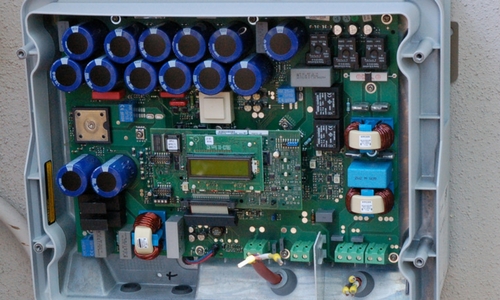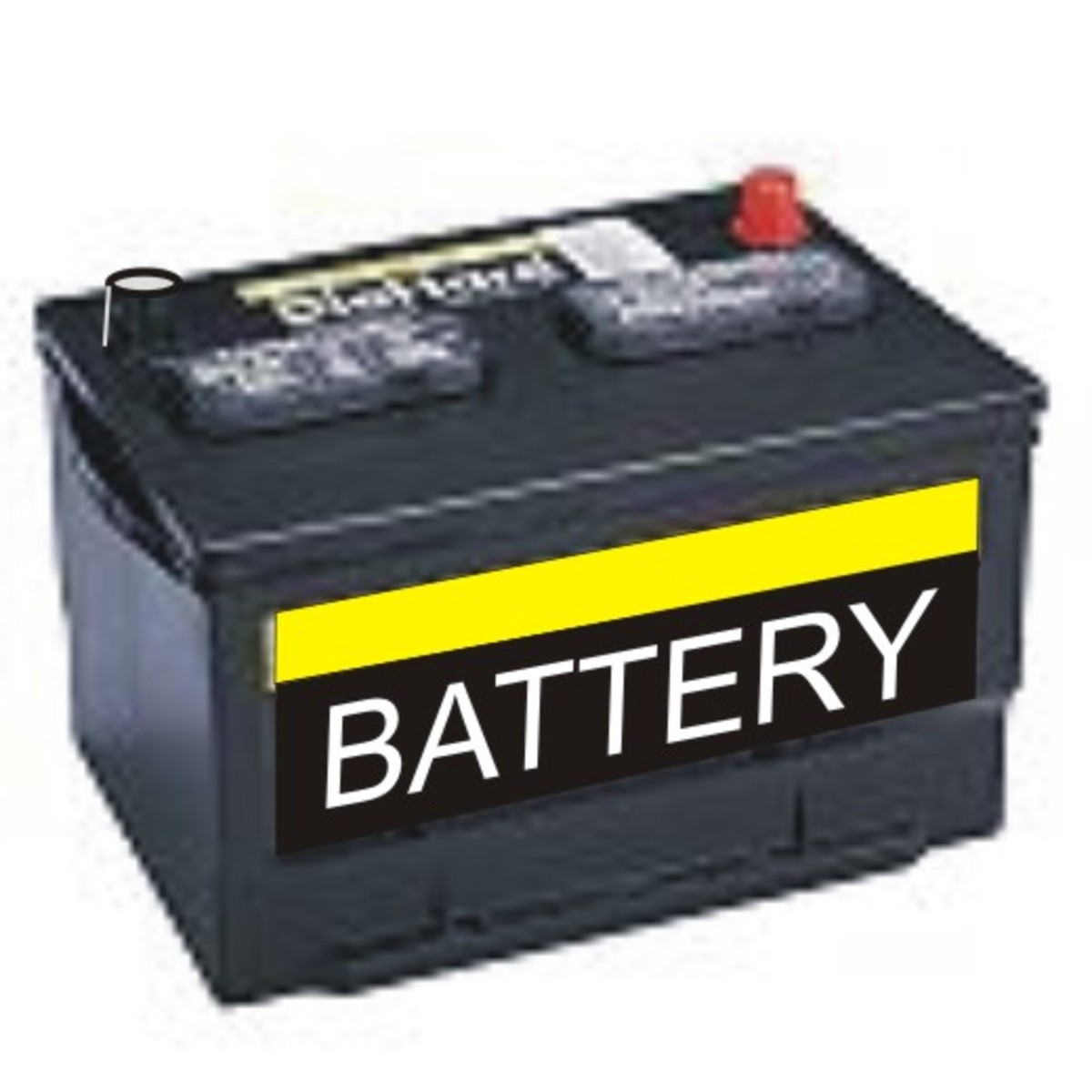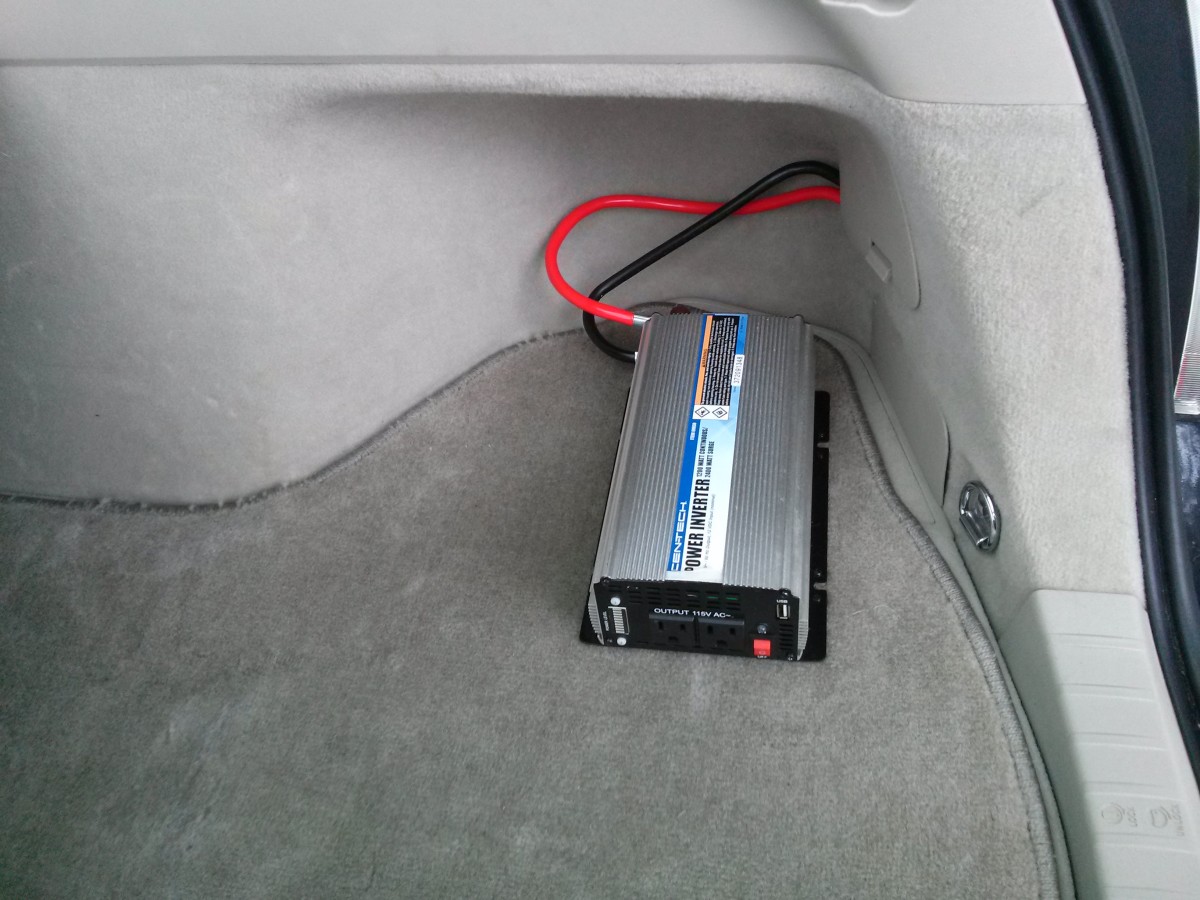3 Questions to Ask to Choose the Right Solar Power Inverter

The solar power inverter is one of the most critical pieces of a solar power system. If you’re shopping for one, though, it can be challenging to decide what to purchase.
Not only do solar power inverters come in many different makes and models and at a wide range of price points, but few people understand how they work or the variations between the different types.
Here’s what you need to know about inverters and some professional tips on how to pick the right one for your home.
Solar Energy Converters 101
When you install a solar array on your home, you also install a solar power converter, sometimes called a charge controller.
The converter is a highly specialized electrical part that takes in direct current (DC) voltage and adjusts it up or down.
To put it simply, converters are DC-to-DC units that help you maximize the harvest of your PV system and regulate the amount of DC energy running through the system. This regulation helps create a consistent current and is good for your system’s battery banks, inverters, and other components.
Right now, there are two different types of charge controllers being installed alongside PV systems. These are as follows:
-
PWM Controllers. PWM stands for Pulse Width Modulation. These controllers are simple: they offer a switch that connects the battery to the solar array. Straightforward yet functional, these controllers don’t provide many control options (greater efficiency settings, for example), but will do their job.
-
MPPT Controllers. MPPT stands for Maximum Power Point Tracking. These controllers offer more control than PWM controllers and are capable of adjusting energy intake, increasing overall output efficiency, and more.
Inverter vs. Converter
While some people use the phrases inverter and converter interchangeably, they’re not the same thing. Inverters are designed to deal more with current type than voltage level. Voltage level, on the other hand, is the territory of the converter.
Inverters take DC power and switch it to the AC current a home’s appliances rely on to run. In fact, the inverter is one of the most important components of the entire solar array: without it, the system can’t function efficiently.
How Inverters Work
Inverters transform DC power to AC power. That much is clear. But how do they do it, exactly? Here’s a simple breakdown:
-
The sun hits your solar panels. When your photovoltaic system picks up sunlight, electrons within the solar cells begin to move. This produces direct current energy (energy that flows in just one direction). The circuits within the cells then collect that energy.
-
The inverter kicks in. By this time, there’s a bunch of potential energy in your PV system. The catch, however, is that most homes use AC energy (which changes direction periodically), not DC. This means that energy must be transformed before it can power your refrigerator and toaster. To achieve this, the panels collect DC energy and send it to the inverter, which converts it to AC energy.
-
The energy powers your home. Once the energy transforms into AC, it can power your home’s appliances and electronics, or go back into the grid, where it will create an energy credit for you and your family.
Choosing a Solar Inverter for the Home
There are three main types of inverters in modern solar power systems. These include the following:
1. Central Inverters
A central inverter is a type of inverter designed for large solar arrays. Designed to function as a consolidated version of the string inverter (below), central inverters offer a low price-per-watt cost, a high level of efficiency, and simple installation.
They do, however, have a few downsides: in addition to the fact that they’re large, they can be noisy. What’s more, the entire system is vulnerable to failure if any one part of it goes down.
2. String Inverters
String inverters are popular in both home and commercial arrays, and are sometimes called “centralized inverters.” String inverters wire each panel of your PV system together into “strings.”
When the panels produce energy, it runs through a single inverter, which converts the energy for use by your home. Revered for their efficiency, low price tag, and robust nature, these inverters are easy to maintain and install.
Homeowners should know, though, that string inverters don’t offer panel-level monitoring, and that they can be a safety hazard due to their high voltage levels.
That said, string inverters remain some of the most popular types of inverters on the market and are likely to be recommended by your solar installation professional, especially if your home has a simple roof that gets lots of sun throughout the day, or you're looking for a low-cost PV system.
3. Microinverters
Microinverters are small inverters designed to sit close to a solar panel. Ideal for complex systems, these inverters take DC electricity produced by the panel and convert it.
Because they work with a single solar panel at a time, they prevent system failure if one panel malfunctions.
This functionality comes at a cost, though: they’re more expensive than other types of grid-tied inverters and may require more maintenance.
That said, they’re an excellent option for homeowners with a PV system featuring panels that face multiple directions, or those who want to make the most of solar production in a small space. They’re also ideal for complex roof systems and those that get plenty of shade during the day.
Bear in mind that some inverters, specifically microinverters, function as MPPT converters, as well. This two-for-one functionality allows you to streamline your system and cut costs.
Installing Your Solar Inverter
Once you’ve chosen an inverter for your home, you’ll want to hire a qualified solar company to help you install it. Solar companies such as Sandbar Solar & Electric, based in Santa Cruz, California have installed inverters for many clients and will be happy to do the same for your project if you live in the area.
Remember that installing your inverter is not a DIY pursuit and that attempting to do it on your own can put your system at risk of malfunction.
The Right Solar Inverter for Your Household
The solar inverter you decide to buy will depend, in large part, on the type of solar setup you want to use or already have.
Different types of equipment work best for different types of systems, and functionality should always be your first consideration when it comes time to choose an inverter. For example, if you’ve installed a solar battery bank, you’ll likely want an MPPT charge controller.
If you’re planning to install a larger array sometime shortly, you might want to invest in a microinverter, instead, as it will be easier to add additional panels to such an arrangement.
Keep in mind that the number of watts your solar array generates and how many watts your household uses will also impact your choice of inverter.
If you wind up with a converter featuring an input capacity that’s not adequate, your system won’t run as efficiently as it could. This, in turn, puts your system at risk of failure and early burnout.
If you purchase an inverter with an inadequate output capacity, on the other hand, you won’t be able to power your home’s appliances and will run into frustrating power shortages down the road.
Here are a few questions to ask yourself as you shop for a solar power inverter:
-
Does the inverter manufacturer have an office in your state? If the answer is yes, getting help and maintenance on your inverter will likely be much easier.
-
How does the warranty on the inverter work? Do you know the ins and outs of the warranty surrounding your inverter? If the unit breaks, does the company immediately send you a replacement unit? Do you have to ship the unit back or will they repair it onsite? How long does the warranty process take?
-
Does the inverter manufacturer have a good reputation? Beware of cheap inverters from little-known companies. Buying from established brands is in your best interest.
At the end of the day, the choice of solar inverter is dependent on your budget and whether you’re prepared to purchase one with a large potential for maintenance needs, or not.
If you have questions about which one is right for your property, don’t hesitate to reach out to your local solar professionals. They’ll be able to evaluate your needs and help you come up with the solution that’s ideal for your household.








